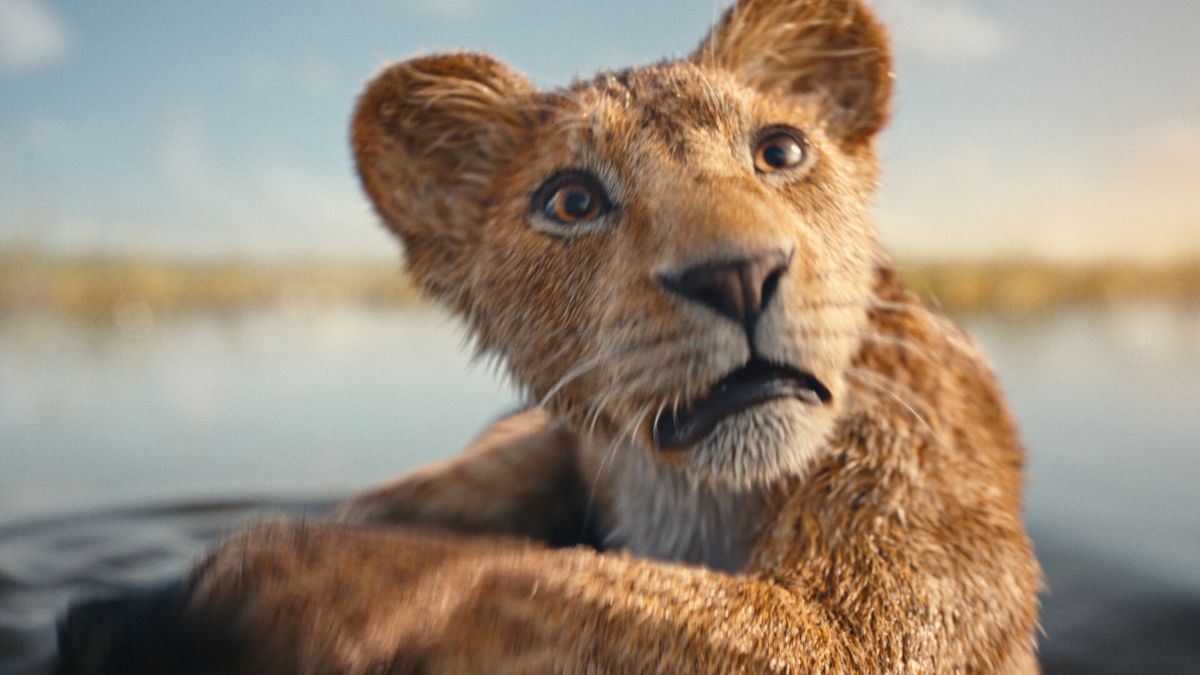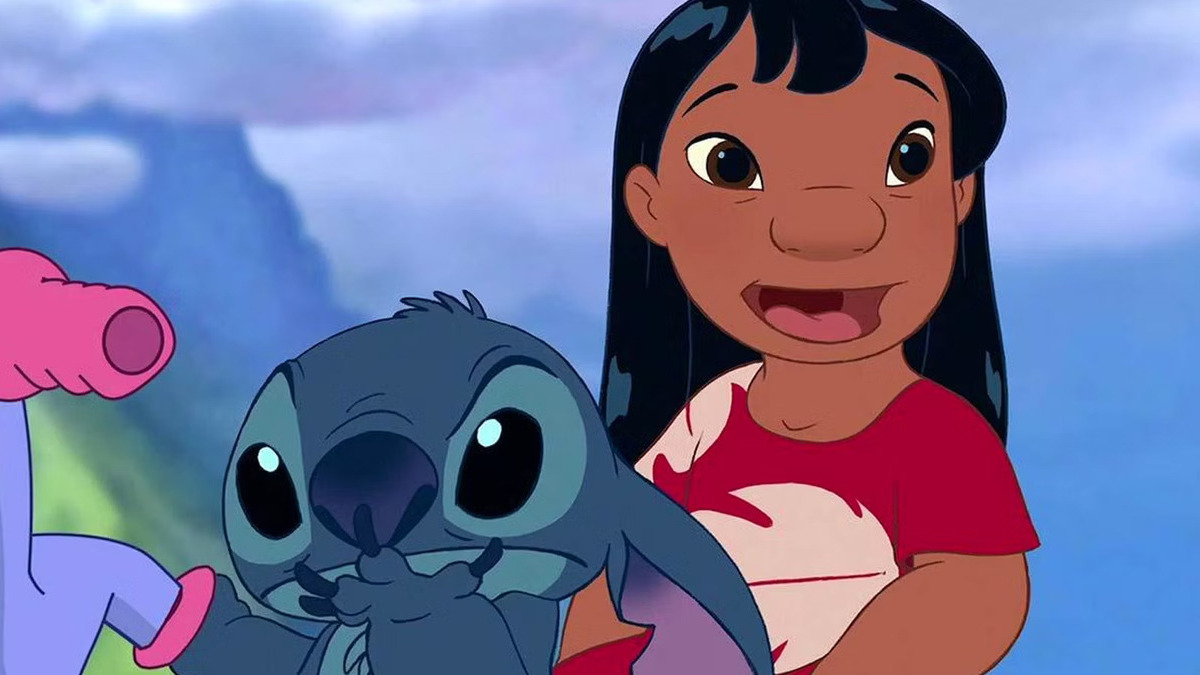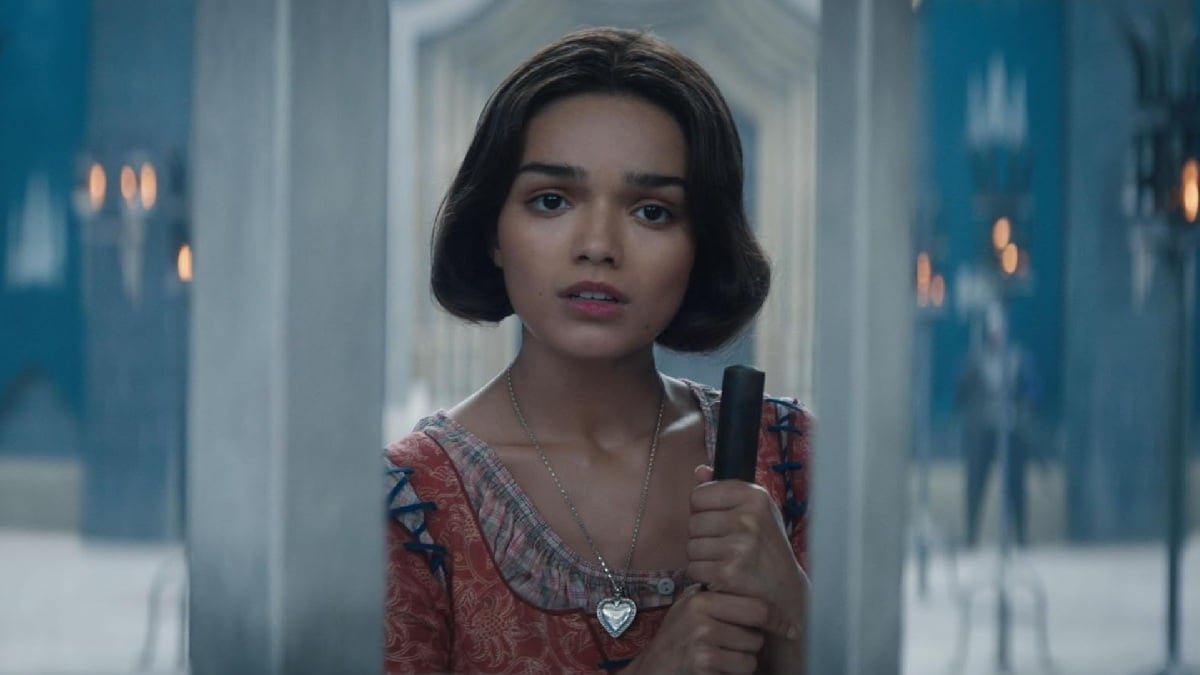Warning: The following article contains spoilers for Mufasa: The Lion King.
It’s no surprise that Mufasa: The Lion King is Disney’s attempt to duplicate the billion-dollar success of 2019’s The Lion King. However, without nostalgia to fuel the ticket sales, Mufasa needed a story so good no one could ignore it. Sadly, they missed the mark.
Set before the events of The Lion King, Mufasa explains how the titular feline becomes the venerable king he is in both the classic Disney animation and the realistic remake of 2019. As it turns out, Mufasa does not belong to a great lineage of monarchs but is just a regular lion who rises to the occasion when tyrants threaten the lives of all the rulers of the African plains. As such, the movie turns Mufasa into the unlikely underdog who, in the end, gets a crown because he has to, not because he wants to.
The prequel sounds quite interesting when stripped to its bare bones. Everyone loves a rags-to-riches story, and Mufasa’s tale is the perfect reminder of how anyone can achieve greatness if they put the common good above personal gain. Sure, that changes the Disney canon established in the animation continuity, but we can all forgive some creative liberty if the tradeoff is a good movie, right? Well, spoiler alert: Mufasa is average at best, and its ending makes absolutely no sense.
Mufasa’s royal position is unearned in the prequel movie
For most of its runtime, Mufasa follows the titular hero (voiced by Aaron Pierre) and his adoptive brother, Taka (voiced by Kelvin Harrison Jr.), as they are chased out from their kingdom by a tribe of greedy white lions led by the villainous Kiros (voiced by Mads Mikkelsen). Taka is a prince, the rightful heir of one of the many lion kingdoms that used to exist before Kiros decided there could be only one true ruler. In his turn, Mufasa has just grown up with Taka’s family after being dragged away from his parents by a flood.
To escape Kiros, Mufasa and Taka journey to Milele, a fabled place where the grass is always green and animals can live in harmony, according to the principles of the cycle of life. Other animals soon join them: Princess Sarabi (voiced by Tiffany Boone) and her loyal guard, Zazu (voiced by Preston Nyman), and the outcast monkey Rafiki (voiced by John Kani). The troupe does reach Milele. However, Kiros and his pride are right on their trail, thanks to the help of Taka, who betrays his brother due to a jealousy tantrum — yeah, that is the official explanation.
Since Mufasa cannot fight Kiros’ entire army, he asks the local animals to join him. After all, once Kiros kills the remaining lions, he will be the sole ruler of Milele, and his feline followers will feast on the flesh of the other animals. And so, Mufasa starts his revolution. There’s only one teeny, tiny problem with this. Mufasa also eats animals, as the prequel itself underlines multiple times. So why are giraffes, zebras, and all the fauna of Africa so ready to fight for a lion against a different lion? They will be prey for whoever rules Milele, so what difference does it make whose teeth will bite off their throats?
To make matters worse, the final battle happens five minutes after all the lions arrive in Milele. There is no time for any locals to measure the moral qualities of Mufasa or Kiros. Everyone just picks a side after Mufasa makes a shallow speech about union. The animals even crown Mufasa king, although Milele was doing just fine without a ruler before lions came to wreak havoc. It would be wiser for the animals to band together against all lions, including Mufasa, and then live free of predators. Instead, like a good populist leader, Mufasa uses ready-made words to reach a position of power he will use to exploit his subjects.
I don’t know, Disney. Maybe this version of the circle of life is not what we should teach kids these days.











Published: Dec 21, 2024 02:32 am